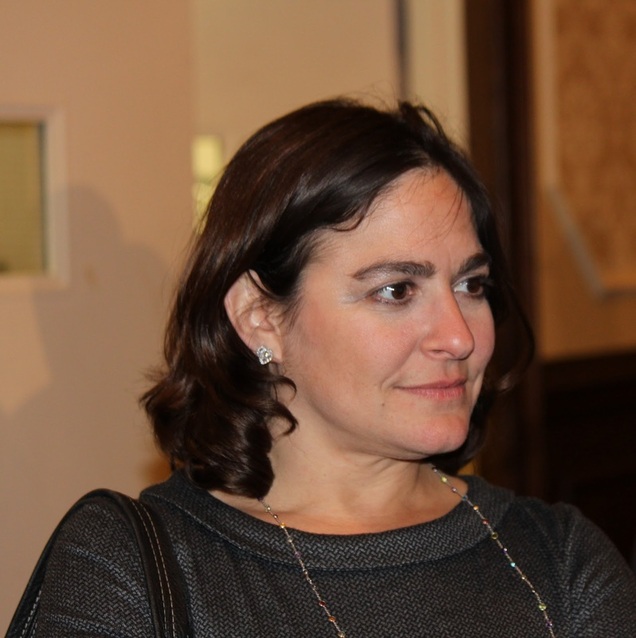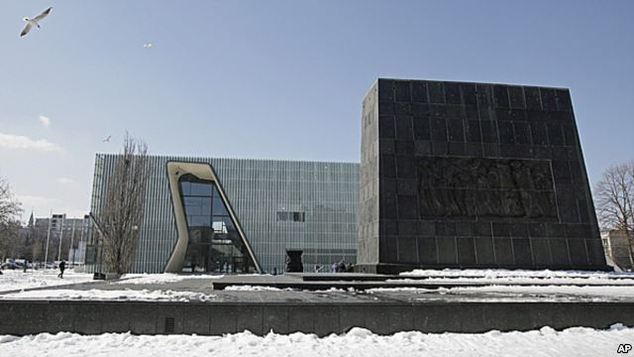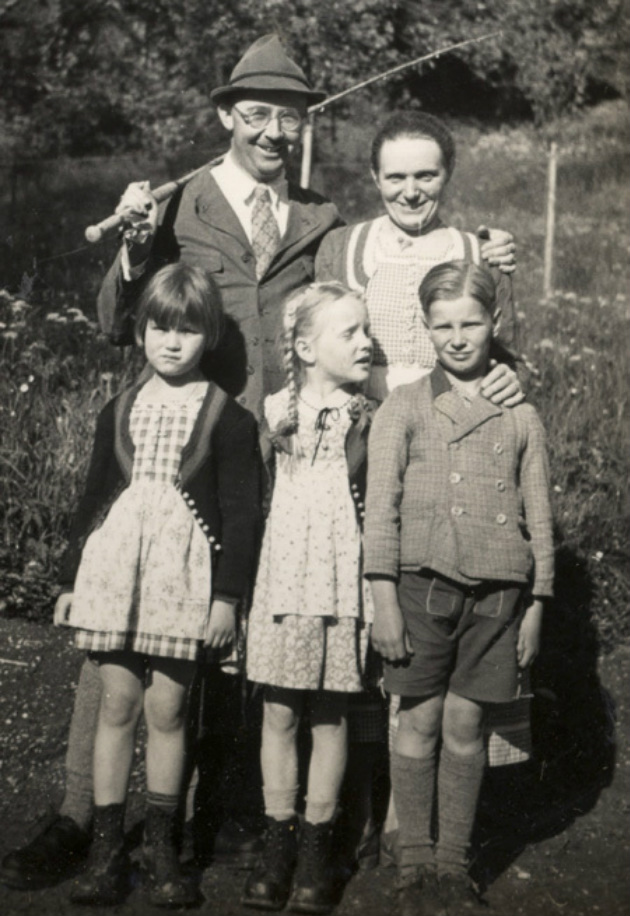 By Caroline Glick, Jerusalem Post, January 28, 2014 On the surface, it is very moving to see half of the members of Knesset at Auschwitz marking International Holocaust Remembrance Day. But in a larger sense, it is not at all clear why this is necessary. The Jewish people have Yom HaShoah V’Hagevura, our own national day of mourning for the genocide of our people in Europe. More importantly, we carry the legacy of the Holocaust inside of us. Every day, at some level, we experience the ulcerative loss of a third of the Jewish people in the hell of Europe, because we feel the hollow absence of the victims. The six million murdered have become 10 million descendants who were never born. And we miss them. We remember them too, every day, when we look at our children and thank God we can protect them. Israel does not need this extra Holocaust memorial day. And before we send another delegation of elected officials to Auschwitz next January 27, we need to ask whether this extra day serves any positive purpose.  By Don Snyder, The Forward, January 18, 2014 A majority of respondents in a recent Polish national survey believe that there’s a Jewish conspiracy to control international banking and the media. And 90% of these Poles say they’ve never met a Jew. The national study, conducted by the Center for Research on Prejudice at Warsaw University, found that in Poland, the belief in a Jewish conspiracy remains high – 63% in 2013 – and relatively unchanged from 2009 when 65% of respondents held this belief. The study also found an 8 percent increase in more traditional forms of anti-Semitism, including blaming Jews for the murder of Jesus Christ and the belief that Christian blood is used in Jewish rituals. Some 23% were found to hold such traditional, religious-based beliefs about Jews. The study’s findings were presented to the Polish Sejm, or parliament, on January 9 by Michal Bilewicz, director of the Center for Research on Prejudice. Bilewicz, an assistant professor on the faculty of psychology at the University of Warsaw, is co-author of the report.  A family photo of Heinrich Himmler in Valepp, Bavaria in 1935. The picture shows Himmler with his wife Marga, back right, his daughter Gudrun, front center, his son Gerhard, front right, and a friend of Gudrun, front left. The photo is part of a trove of letters, notes and photos that were in possession of an Israeli family. A family photo of Heinrich Himmler in Valepp, Bavaria in 1935. The picture shows Himmler with his wife Marga, back right, his daughter Gudrun, front center, his son Gerhard, front right, and a friend of Gudrun, front left. The photo is part of a trove of letters, notes and photos that were in possession of an Israeli family. Die Welt, January 25, 2014 He was responsible for the death of millions, organizer of the Holocaust, head of SS and Gestapo. His letters, photos and notes had been considered lost. Now they are published here for the first time. There was noticeable tension on that Thursday in June. Rumors went around. It had been speculated that there could be "a profound change in the relationship with the Soviet Union". That is what the messages by the leading circles of the Nazi party to the Third Reich's Ministry of Propaganda said. All leave for the members of the Wehrmacht had been cancelled. Something was going to happen on this weekend. Everyone who knew anything about how the Nazis' apparatus of power worked knew that. And it was known that Adolf Hitler had made it his habit to launch his political and military offensives on a Sunday. Heinrich Himmler, "Reichsführer SS", Chief of the German Police and the Reich's Commissioner for the "Festigung des deutschen Volkstums" (Consolidation oft he German Race) cancelled the ban on leave for himself. For 36 hours he flew from his Berlin office to his private home at Lake Tegernsee, where his wife Marga and his daughter Gudrun were waiting for him. The small family made a trip to the idyllic Valepp valley and had their pictures taken happily frolicking in nature. It was 19 June 1941. "There is still one can of caviar in the fridge." Himmler didn't say a word about this to his wife Marga. For all we know the upcoming events were not mentioned during the hastily organized family holiday. Did Himmler give any hints? "Now we are at war again. I knew it. I didn't sleep well at all", Marga Himmler wrote to her husband shortly after hearing the news about the beginning of the attack on the Soviet Union in the morning of 22 June 1941. But as a caring wife she also had some good advice for her husband: "There is still one can of caviar in the fridge. Take it." His daughter Gudrun sent a letter to her father on that historic Sunday. "It's terrible that we are going to war with Russia. They were our allies after all." And the not even twelve-year-old girl added another concern in her letter: "Russia is sooo big. The struggle will be very difficult if we want to conquer all of Russia." Gudrun's father had to learn the hard way how true that prediction turned out to be. Two days after the attack he made his way to Hitler's East Prussian headquarters "Wolfsschanze" in his personal train "Heinrich". Although he tried to call his home in Gmund almost every day he still forgot a very important date. "I felt so sorry that I forgot our wedding anniversary for the first time," Heinrich wrote to Marga on 7 July 1941, four days late. "There was quite a lot going on these days" adding that "the fighting is very hard, especially for the SS". Very Personal Documents of a War Criminal The letter is one of about 700 sent by Heinrich Himmler to his wife. They are the very personal documents of a war criminal that now have become available to the "Welt am Sonntag", almost 69 years after the end of the war and the suicide of the head of the SS. They are published here for the very first time. The letters, along with other private documents – many previously unknown photographs, diaries and the estate of Himmler's foster son Gerhard von der Ahé – were considered lost for decades and have been kept in a private home in Israel for some time. They are currently stored in a vault in Tel Aviv. The director Vanessa Lapa, who based her documentary about Himmler on that material, owns them now. Her documentary "The Decent" will premier on 9 February at the 2014 Berlinale film festival. "Die Welt" financially supported the production of the documentary. Especially Himmler's early letters to his wife seem to be mundane at first glance. But they reveal a lot about the mindset of a cold-blooded, self-righteous bureaucrat, who became the mastermind and chief organizer of the Holocaust. |
CISA Blog
This blog provides selective critical analysis on developments in contemporary culture related to the subjects of antisemitism, racism, the Holocaust, genocide, and human rights.
|
© 2025 Canadian Institute for the Study of Antisemitism. All Rights Reserved.
 RSS Feed
RSS Feed